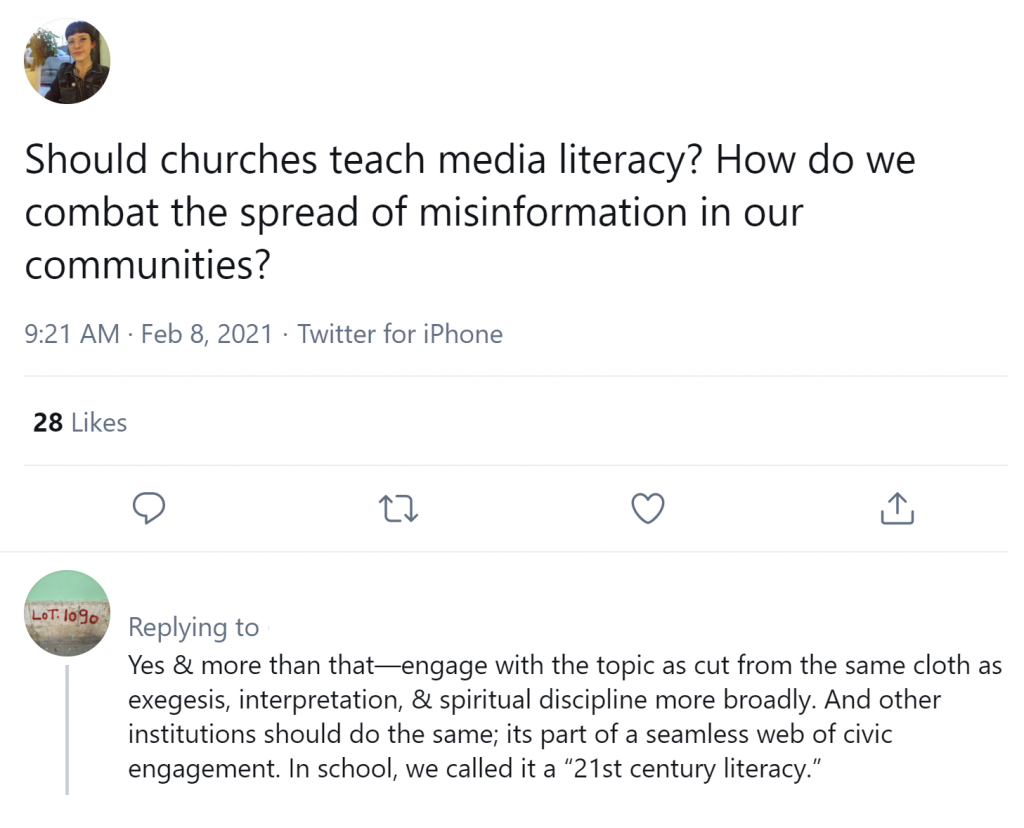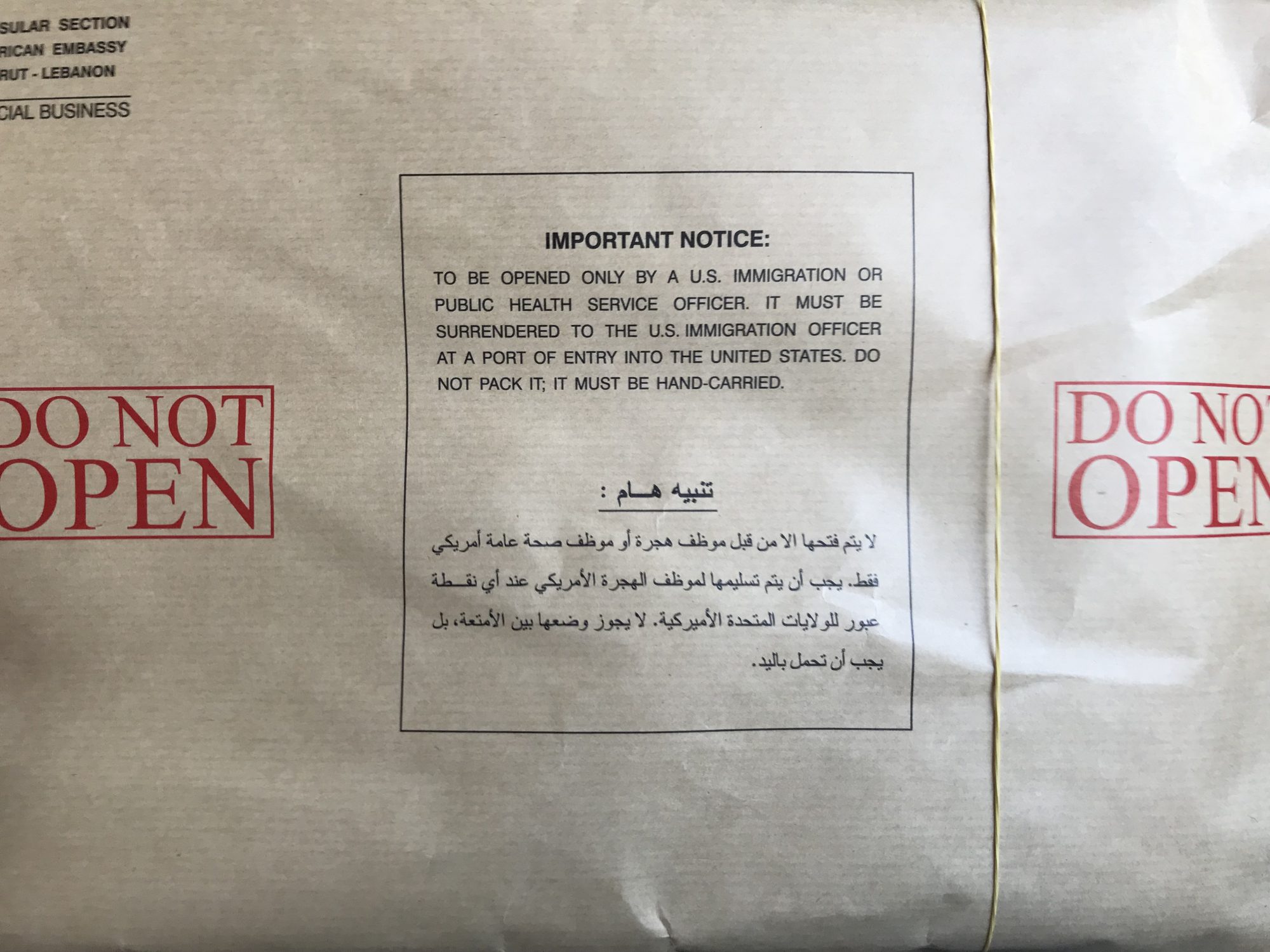The institution that I’ve been dedicating myself to is embroiled in an online controversy, and this is valid and good, but I don’t want to discuss the specifics, as I would be doing so in ignorance of much. I prefer to avoid joining the cacophony of voices talking past and over each other. I do want to discuss some of these voices, though, because if I have skills in anything, it’s in listening for the words that people trip over in the thick of the awful din.
I believe that, for most people, the human capacity to imagine worlds at the periphery of our everyday experience is vast; we are limited and fallible and easily manipulated by the shadows cast on the narrow walls of our lives, yes, but not so limited as to be incapable of even trying to find points of personal contact with experiences not like our own–once we begin to learn about them, and if solidarity is indeed genuinely and authentically the goal of our listening in the first place.
This doesn’t mean that allyship is a direct product of having better pictures in my head or deeper sympathies in my heart, but it does mean that those who constantly break the solidarities they profess to respect–and here I have the institution I am dedicating myself to in mind–break these solidarities willfully. There’s no other explanation. You can’t “unfeel” empathy.
Let me be blunt: there is no excuse for learning about marginalized experience in a way that does not at the very least parallel something like empathy, short of intellectual impairment or personality disorder. The only other way to treat them as completely inaccessible to me is to benefit from them, in some shape or form.
Looking inwards, I know that trans* experience is probably the least easily-assimilable to my own mental grid; and yet, because I want to understand and work to understand and value understanding, even I can find deeply personal resonances with trans* life, however faint. It’s how I can hear words like these which don’t correspond to any realities in my own life but still feel connected–and still shed tears–because I can know how it might feel, because I have felt something similar that only I can ever know, and I’m sure that many of us could say the same, in our own unique ways, if we tried.
It’s a question of commitment. It’s a question of politics.
And so, in the cacophony of voices trying to drown out the cries of pain and outrage, you can hear the ugly hum of privilege, just under the surface of seemingly civil concern. And some of this privilege was only recently earned, mind you, which makes for an even uglier sound.
No, you can’t unlearn genuine empathy, unless you’ve found yourself in a place where it now “pays” to sidestep, disavow, and forget. Because empathy is never apolitical—it is, in fact, a foundational affect of politics. Our capacity to be formed by experience—our own or otherwise—is the basis of all political subjectivity.
***

I came of age in Lebanon surrounded by our version of “the Disappointed of ’68″—professors who ran with the Communist Action Organization then went full-Hariri; friends of my father who marched in all the right marches and came out of the civil war preaching the singular gospel of (neoliberal) “education, education, education!” And while I understand their disappointment & the limits of the multi-polar world they lived in, it always confused me how they could seemingly abandon every one of their precepts.
Tactics change, strategies change, energies wane—heaven knows that I have cycled in and out of commitments in an even shorter span of time—but to flip sides completely means that one’s initial position was less than skin deep to begin with; my only caveat in the Lebanese context is that a good number of ex-leftists were surely traumatized by the war.
***
We live in a time when the experiences of others are always at our fingertips. Affect and awareness can and do proliferate at the speed and scale of viruses or genes–the background metaphors for the memetic economies that even progressive politics operate under today. This blurring of the personal and the political is good and valid, and such economies have so much potential for progressive change, and yet, their logics of acceleration and compartmentalization do not always help in building or sustaining solidarities. They are still markets of exchange, after all.

And this frustrates me. It frustrates me that a term as damn useful and basic to my intellectual development as “discourse” has become a throwaway joke about twitter spats. It frustrates me that I feel the need to justify the political grounds of empathy because of this larger cultural moment that we seem to be living through; it feels like even an affect like “empathy” has been commodified and tamed in a complex of mental health concepts that paradoxically leave us anxious and isolated from each other. This is a meme-ified politics that is trauma-informed but ultimately legalistically-conceived and practiced as a transaction.
I wrote about this earlier today in response to a meme from a “codependency recovery coach” about our “responsibility to be in a good mood” (we don’t have one) and the entitlements of others to our “cheerfulness” (there are none). And while I did not disagree with the sentiment behind this statement, these little bits of politicized and weaponized advice about societal pressures to manage our selves and regulate our emotions are ultimately counterproductive (at least in their meme form).
Statements like these push back against transactional relationships by reversing them, while at the same time keeping their underlying logic intact. And the larger point to be made here is that circulating statements like these outside of their strictly clinical and/or socially-embedded contexts feels more like harm than good.
At least, in their meme form.
Take “emotional labor,” for example. This is a metaphor that names something very real under the surface of interpersonal communication, but when this metaphor is reified beyond its naming function–its usefulness as a lens to make visible power dynamics–and turned into a moral standard or code of conduct, we’re left at a dead-end where we hate how everything is commodified but we can’t imagine any leverage that isn’t a strike or sabotage.
The better metaphor for interpersonal and cultural exchange is metabolism and flow; the better ethic for navigating power is mutually-transformative and other-oriented. Or as Corinne, an internet friend who has become an unexpected dialogue partner in this pandemic time, put it in response to what I wrote this morning:
“Now that we have figured out how to tap into what we are feeling, many people are completely overwhelmed by it and are putting the accountability for that outward, instead of inward. Everything is considered a “trigger” that other people are supposed to be aware of and manage for you, and we are rife with rationalizations for bad behavior in the name of protecting our mental health. In reality, protecting others is as important as protecting ourselves and we need to be able to process difficult things and still be held responsible for our behavior […] If we really want to make a better world, we need to cultivate a culture of mutual support that includes listening and confidentiality. That includes treating people with dignity and space even when we don’t feel like it. It also includes us allowing others to create spaces of intimacy for us when we need support. Without reciprocity, we can’t move in a productive direction.”
Which brings me back to the cacophony. This is the part where my own voice uncharacteristically wavers. I hesitate to go where I’m about to go because I know who I am and what my positionality is in the world. That’s one reason why I appreciate voices like Corinne’s and these small “spaces of intimacy” left online that expand the circle of what can be said–and what might be heard–in that awful din.
So this is the part where I want to ask something of all of us on the margins in our own unique and unreplaceable way. This is the part where I wonder just how much our minoritized experiences, both shared and private, may be numbing us to our own beautiful capacities to imagine still newer worlds and possibilities. This is the part where I think about how I have sometimes paradoxically felt the least kindness in minority spaces where I am ostensibly most welcome in this city.
I hesitate to get to this part and that’s exactly why I need to come here. To the part where I wonder about how our survival tactics may be cutting off our communities from their most revolutionary potentials and when a stupidly catchy (and problematic) punk song from my youth begins to play on my headphones:
“Can’t break from my sins.
Cannot pray.”
Songs like these are moments of pure ékstasis–rapt out of oneself, wholly not you or me for one brief flash of insight into another. That’s empathy: a political movement, the right to mobility, a commitment to travel with another, however unlikely this companion on the way.
This is the part I cannot bring myself to write. We ask so much of each other and the world keeps asking for more and I don’t want to add to the cacophony.
But the hard truth remains: changing the world will ask more from all who already give the most. More love, more solidarity, “the ever more and more giving” magis–“the more universal good,” “the greater divine service,” and “the greater glory of God.”
